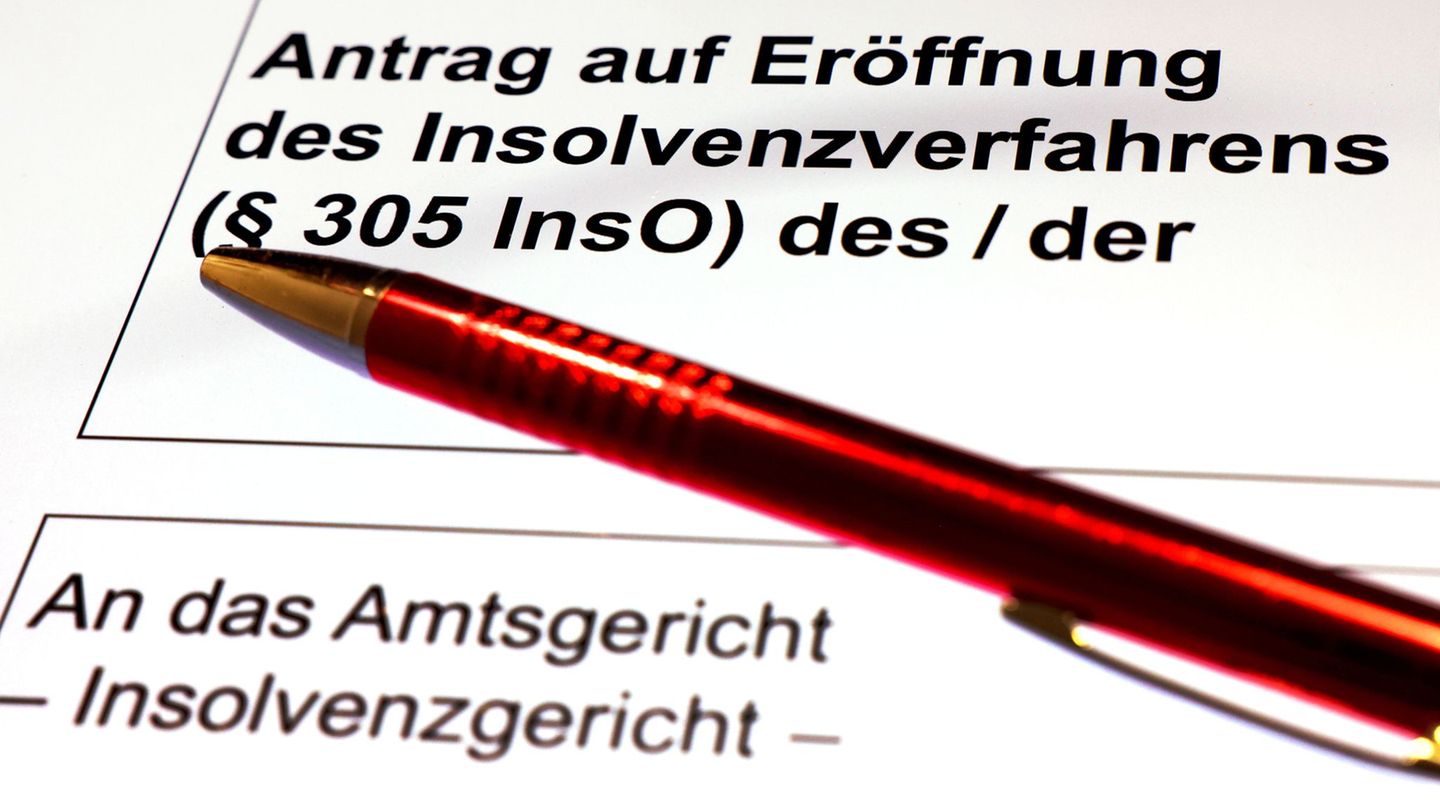“Energy costs are up to ten times higher than last year. Many bakeries are considering closing forever,” said the guild master of the WKÖ Federal Association of Bakers, Josef Schrott, to the APA. Many colleagues are desperate – tens of thousands of euros in additional costs cannot be earned at the counter of a small bakery.
The bakery industry requires a lot of energy to operate the ovens and dough coolers. For a small, regional bakery local supplier with “comparatively very cheap energy contracts”, the costs have risen rapidly from 17,600 euros to 54,000 euros a year, according to the federal division of trade and crafts.
According to the WKÖ, gas prices have risen since the beginning of the year from 2.9 cents per kWh (gas) to 23 to 28 cents (depending on the contract) or 38.3 cents on the spot market. In the same period, electricity has increased in price from 5 cents to 20 to 70 cents (depending on the provider and contract). The price of grain and flour has also risen sharply in recent months. The wheat price on the Euronext commodity futures exchange in Paris was recently EUR 330 per tonne, an increase of 32 percent compared to the same point in the previous year.
“Our companies cannot simply pass these exorbitant cost increases on to customers,” said Renate Scheichelbauer-Schuster, the WKÖ chairwoman of the federal division of trade and crafts in the WKÖ, to the APA. “These burdens are not our fault and are unavoidable. The companies affected by the explosion in energy costs “need quick relief and an energy cost subsidy”.
Reinhard Honeder, the representative of the bakers in the Upper Austrian Chamber of Commerce, expects the price of baked goods to rise by around ten percent due to the KV wage increases in October and the sharp rise in prices for energy, raw materials and packaging material.
In a reaction to the announced increase in bread prices in Upper Austria, the ÖVP farmers’ association emphasized that “agriculture is not a cost driver” for bread. “The farmer’s share of a kilo of bread is a meager 35 cents or the equivalent of ten percent. Last year it was only seven percent,” says the President of the Farmers’ Union, Georg Strasser.
In the case of a roll, the farmer’s share was 1.9 cents or 5.75 percent last year, this year it is 2.4 cents or 7.27 percent despite sharp price increases for fertilizer, fuel and other operating resources. “The cost driver is definitely not agriculture,” stressed Strasser.
Source: Nachrichten




